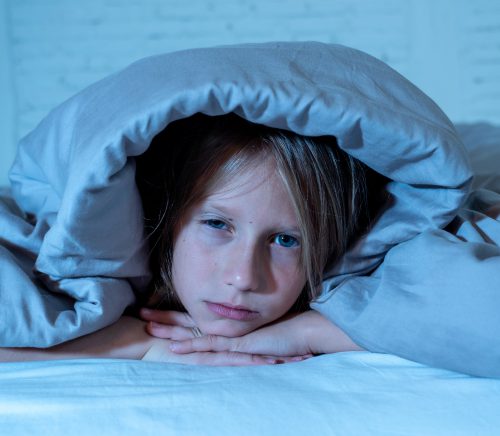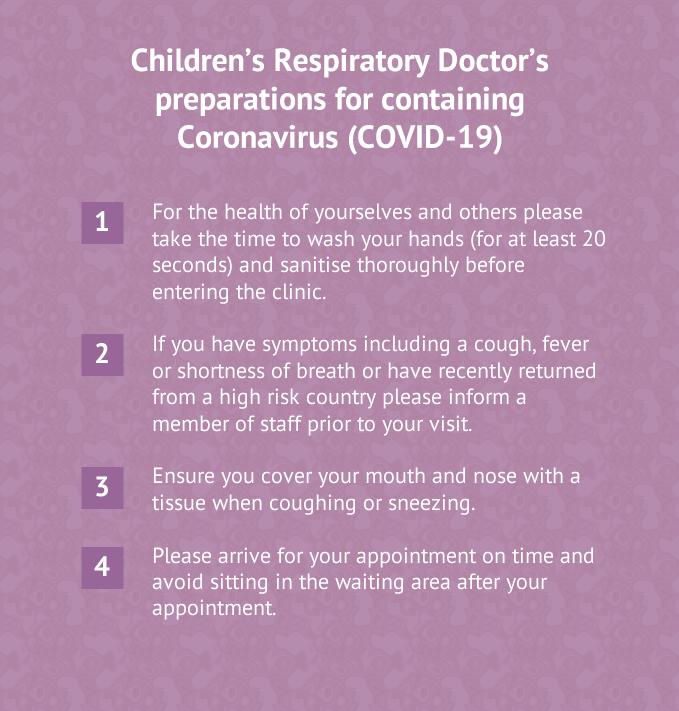Sleep problems can happen at any time of year but there are some specific issues that can arise when you’re trying to get a good night’s rest during the winter. If you find it hard to rest properly at this time of year then there are some tricks you can use to beat the winter weather and sleep better.

How Does Winter Affect Your Sleep?
The main reason that winter affects your sleep patterns is because the days are much shorter and darker. Sunlight plays an essential role in controlling our natural rhythms of sleep and waking. If we aren’t exposed to enough natural light during the day it can have a big impact on our sleep patterns. Even if you spend time outdoors, the sunlight tends to be weaker at this time of year, so the impact on your sleep can be reduced.
Some people are particularly sensitive to the lack of sunlight in winter. In addition to disturbing their sleep patterns, it can trigger a form of depression known as Seasonal Affective Disorder (SAD). Even if you don’t have SAD, the cold weather and lack of light can affect your mood and energy levels. You might find yourself wanting to spend more time in bed, which can end up making you feel worse because it disrupts your routine.
However, there can be a positive side to the shorter days of winter if you have a sleep disorder. Getting to sleep and staying asleep in the mornings can be easier when there is no light outside to wake you up. Some people can actually find it easier to sleep well in winter than in summer because of this.
Tips for Tackling Sleep Problems in Winter
Many of the same strategies that you would use to tackle sleep problems at other times of the year will also help in winter. Sticking to a regular sleep schedule, having a relaxing bedtime routine, and ensuring that your bedroom is as comfortable as possible can still be important. However, you might need to make slightly different adjustments in winter. For example, maintaining a cool but comfortable temperature for sleeping is more likely to involve turning down your thermostat before bed in winter.
However, it is important to be aware of the impact that the shorter days can have on your sleep duration and quality. If you’re having sleep problems in winter then you may need to address these effects in order to get a better night’s rest.
- Try to stick to your usual sleep schedule: it can be tempting to go to bed earlier or to stay in bed longer when it is cold and dark outside, but you should try not to oversleep in winter. If you sleep too much it can make you feel lethargic and disrupt your circadian rhythms. You could find it harder to get to sleep the following night.
- Spend some time outdoors: natural light plays an essential role in controlling our body clocks so it is best to spend some time outside during daylight hours every day, if you can. Taking a short walk at lunchtime can be a good way to do this if you work long hours. Getting some exercise can also help you to enjoy a better night’s sleep.
- Take Vitamin D: we don’t get enough sunshine in the UK during winter to stimulate production of this essential vitamin in our skin. One of the possible effects of a vitamin D deficiency can be reduced sleep quality, so make sure you’re getting plenty.
- Use light to control your sleep patterns: artificial light isn’t as effective at natural sunlight but turning on a bright light when you get up in the morning and keeping the room well-lit during the day can make a difference. If you suffer from sleep problems a lot in winter, you could also invest in a daylight lamp that mimics natural sunlight.
If you’re still having trouble sleeping then it is a good idea to consult a doctor. Getting a good night’s sleep is essential for your mental and physical wellbeing so it is important to find a solution that works for you.



